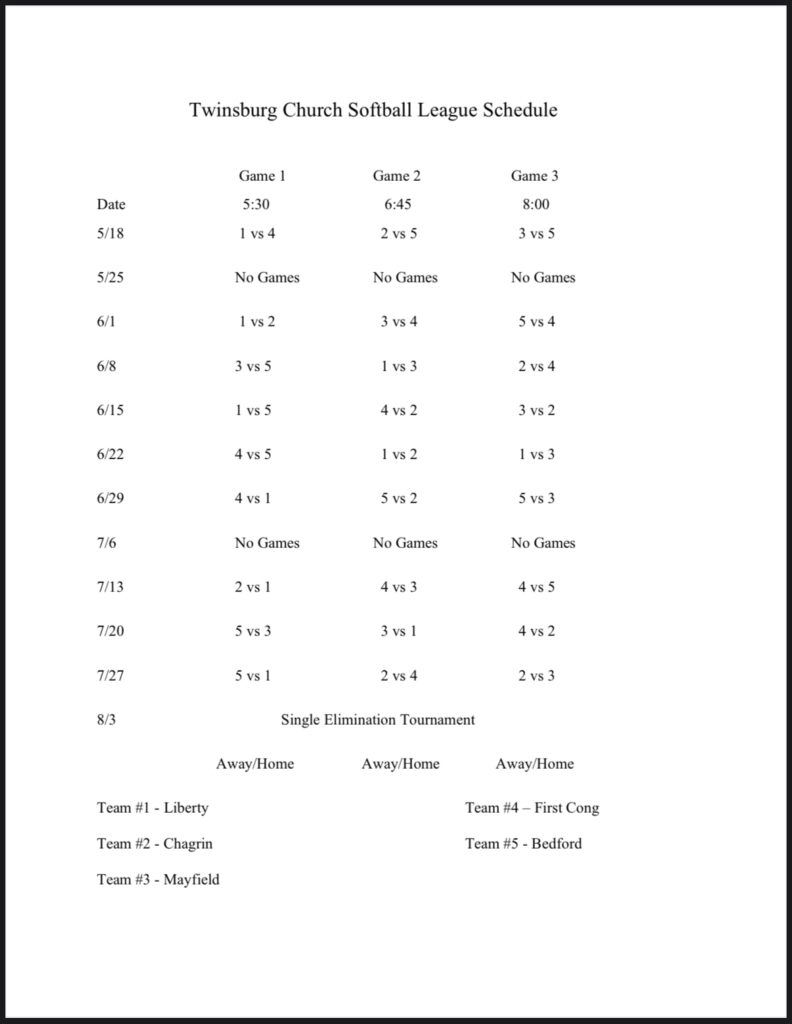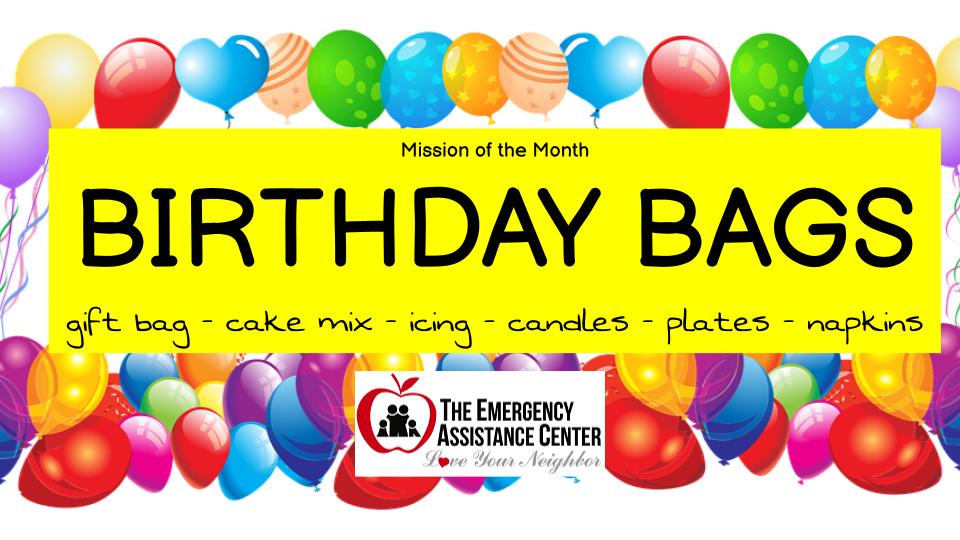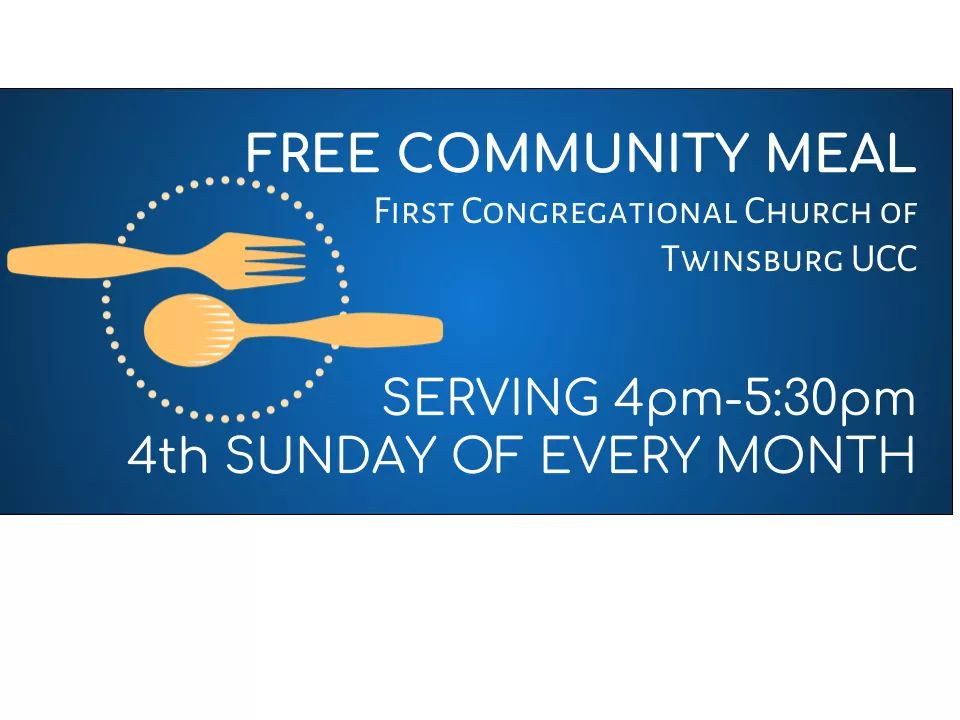Advent Candle 1 stands for hope, and specifically, the Israelites’ hope that the promised Messiah would come. They had been waiting for the Messiah for centuries, wondering what he would look like and what he would do when he arrived. When Jesus was born, that hope was finally fulfilled – “a prophet like you” (Deuteronomy 18:15) had come. How Jesus fit the prophecies the Israelites had been reading for centuries would become the critical conflict of His ministry – whether He fulfilled them and whether people had been reading them correctly.
This candle is also called the “Prophet’s Candle.” In all their messages of judgment on the people for their sins, the prophet’s also give messages of hope. Hope that God has no forsaken us, hope that there is a future that will be better, and hope that God’s promise to bless all nations will be fulfilled.
Most scholars conservatively estimate that there are over 300 Messianic prophecies in the Old Testament, some going back to Genesis. The prophecies gave specific details about the Messiah, details like:
- He would be born to a virgin mother (Isaiah 7:14)
- He would be born in Bethlehem (Micah 5:2)
- He would spend time in Egypt (Hosea 11:1)
- He would come from the house (i.e., the family line) of David (Ezekiel 37:24)
- He would start his ministry in Galilee (Isaiah 9:1-2)
- He would be the figure that Daniel referred to as “the Son of Man” (Daniel 7:13-14)
- He would teach “hidden things, things from of old” (Psalm 78:1-2)
- He would be holy, a rock that would make people stumble and fall because they didn’t believe in him (Isaiah 8:14)
- He would be called Wonderful, Counselor, Mighty God, the Everlasting Father, the Prince of Peace (Isaiah 9:6)
- God would call him, “my son” (2 Samuel 7:14) (Psalm 2:1-9)
- He would gather the Israelites back together (Isaiah 11:12)
The fact that the prophecies described God calling the Messiah his son and also that he would be called “mighty God,” became especially important. To be God’s son and called God himself would mean that the Messiah wasn’t just a new prophet like Elijah or an ordained warrior like David. The Messiah would be a divine figure. Since falsely claiming to be God was blasphemy, anyone claiming to be the Messiah had pretty big shoes to fill.
Pastor Greg







